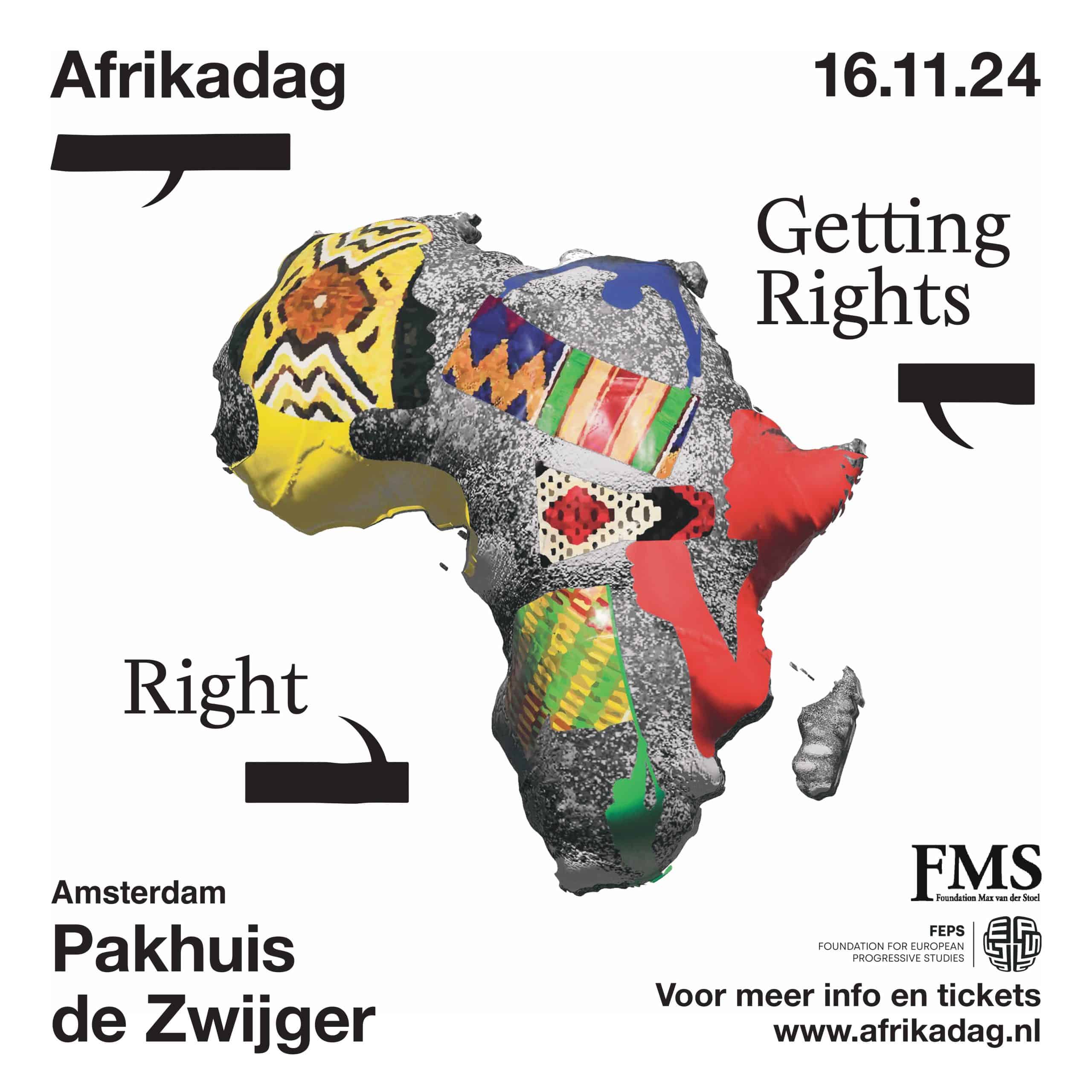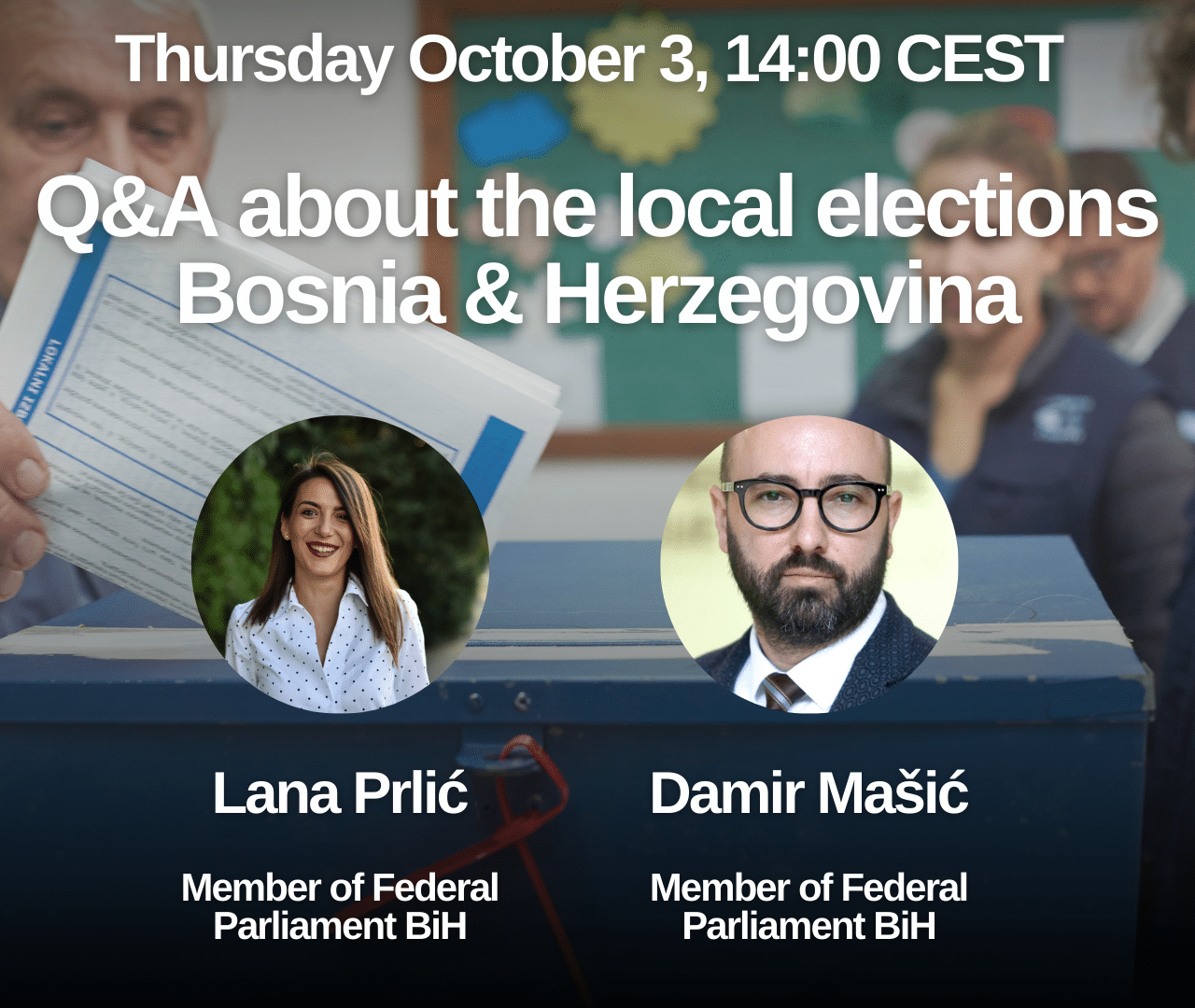Imagine... someone close to you is committed to preventing animal suffering and stops eating meat, but buys a new fur coat every month. Or someone you know is campaigning worldwide for better climate plans, but does fly all over the world every week to do so. Probably you and I would react with surprise. We would explain that their actions contribute to the problem they are trying to solve. Whereas this incoherence is immediately noticeable in our immediate environment, outside it is far from always the case. For instance, incoherence within the Netherlands' Foreign Trade and Development Cooperation (BHOS) policy has been the most normal thing in the Netherlands for years.
While the entire Dutch development sector anxiously awaits the new BHOS policy paper expected before the summer, the International Research and Policy Evaluation Directorate (IOB) of the Ministry of Foreign Affairs published an evaluation on Article 1 of the BHOS budget. In this 160-page pill, called "Shared interests, mutual benefit", the international policies for sustainable economic development, trade and investment for BHOS are fully reviewed. What emerges strongly from the report is the lack of integration between trade and development cooperation policies. Indeed, the IOB even wrote that there is often not even an understanding of the trade-offs between these two policies. The result? Dutch BHOS policy takes the form of a vegetarian with a fur coat: the commitment to development cooperation is continuously negated by trade policy.
A well-known example that is also mentioned again in the IOB evaluation is Dutch tax policy. Although Foreign Affairs is more involved in tax policy than ever, they still have too little influence. For instance, developing countries still miss out on billions in tax revenues because companies avoid paying taxes via the Netherlands. Another important example is International Corporate Social Responsibility (IMVO), which, according to the IOB, is the bridge between development cooperation and trade. The Netherlands finally seemed intent on introducing IMVO legislation of its own, which could, for instance, combat child labour and extremely poor working conditions in international value chains. However, the Dutch ambition on IMVO is in danger of being undone by a weak European legislative proposal. If the Netherlands remains behind the European law, it goes against the Dutch goals the field of development cooperation.
Sustainable Development Goals as a solution
While the lack of policy coherence is a difficult issue, it is essential that more attention is paid to it in the new policy paper for BHOS. In the recent internet consultation, where companies, organisations and individuals could provide input on the new policy paper, FMS highlighted once again the importance of policy coherence for development. Of course, we did not do so without offering a solution.
In 2015, the United Nations presented 17 Sustainable Development Goals (SDGs) as a successor to the Millennium Development Goals from 2000. These 17 goals and 169 underlying targets should promote sustainable development worldwide. So by using the SDGs when forming new policies, we can ensure that all policies contribute to sustainable development, rather than just development cooperation policies. Currently, new legislation should already be tested against the SDGs. Unfortunately, a evaluation of this SDG test that it is hardly ever applied! A missed opportunity. Indeed, its potential impact is huge, especially as trade flows much larger than money flows specifically for development cooperation.
We strongly emphasised the importance of policy coherence and the SDGs as a solution in our input for the new policy paper. We therefore hope to see our ideas for the new BHOS policy reflected, because only with a fair and coherent BHOS policy, can we truly speak of mutual benefit!
Image: Building Change





